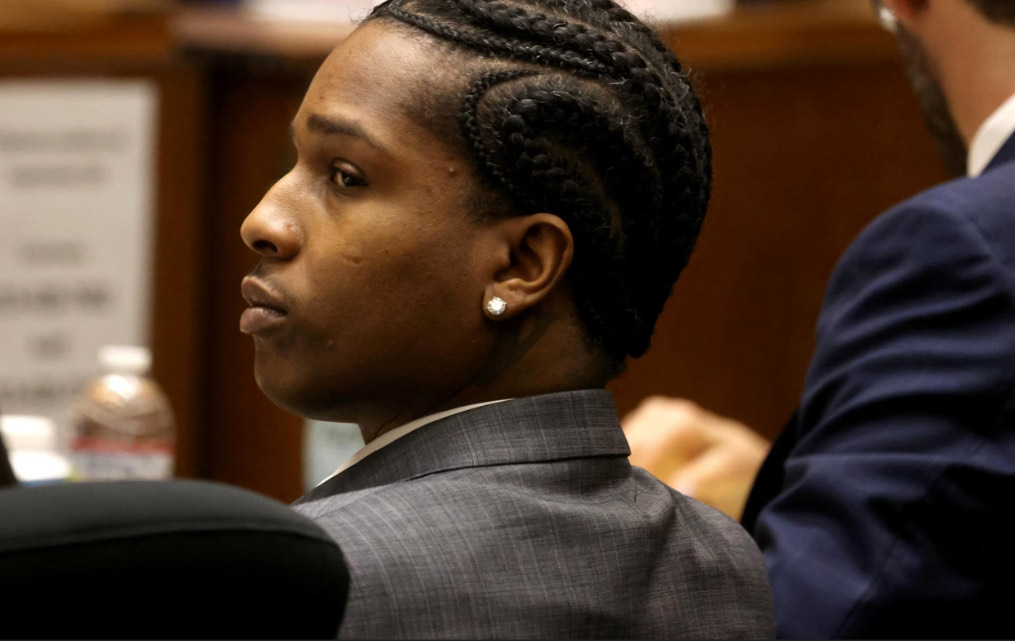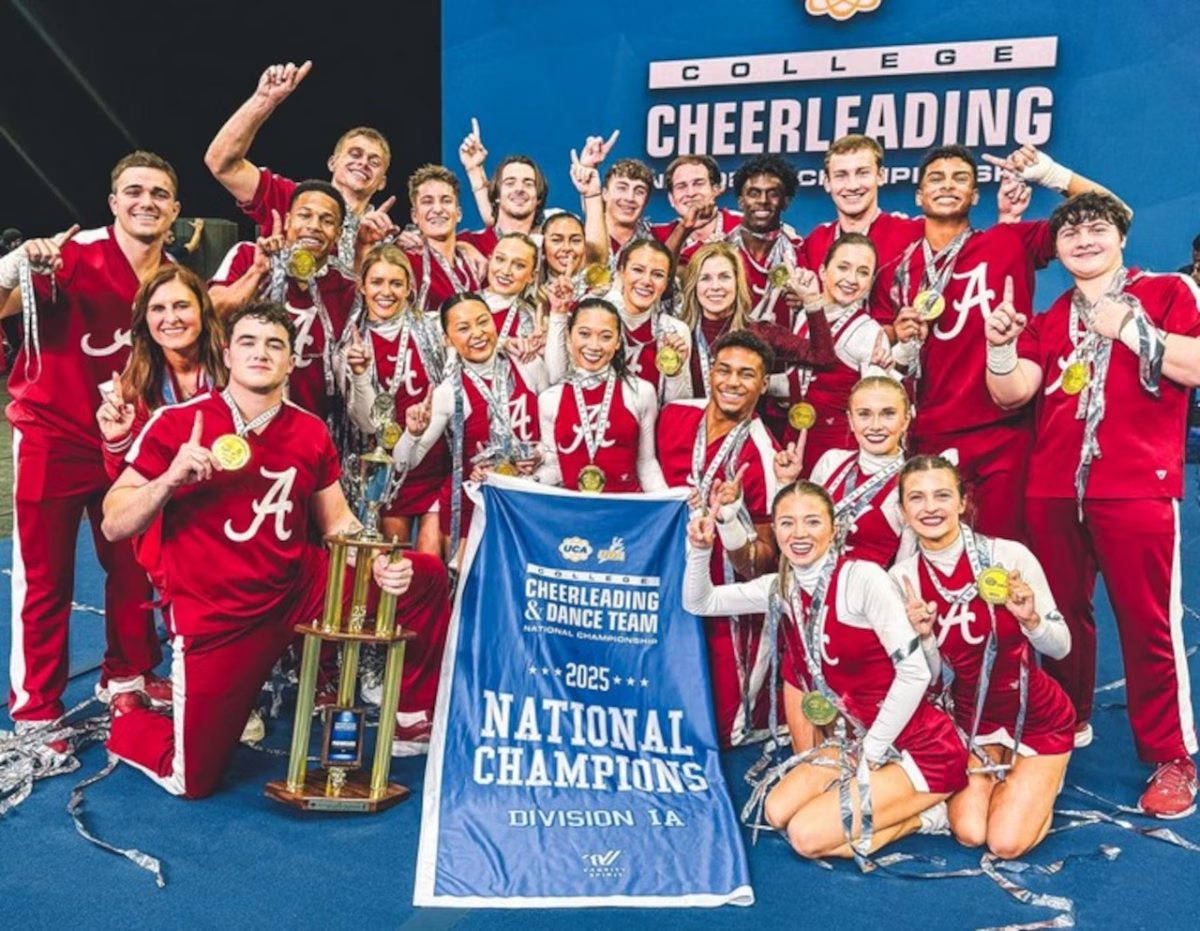A Bible-selling presidential candidate. A disproportionately Christian Congress. An increasingly polarized America. Together, these elements combine to create the political climate we have today: cloudy with a chance of ardent evangelical nationalism. As the United States delves deeper into the 2024 election season, the pressure of Christian nationalism looms in the background as the red elephant is seemingly transforming into a symbol of evangelism.
In clear juxtaposition to the rules of separation of church and state as well as growing secularization in other countries, the United States has been merging politics with religion according to Harvard Politics. Said article blames a mix of Southern solidarity and conservatives’ focus on evangelical policies for this blurring of lines. I would argue that one conservative in particular has had a significant role in the increasing interconnectedness of American politics with religious sentiments.
Donald Trump: a leader of the free world turned Bible salesman
With each election campaign filled with religious rhetoric targeted specifically toward conservative Christians, Donald Trump made it clear to his audience that his platform was representative of Christian evangelism and nationalism. An analysis of major public addresses by American presidents even found that Trump utilizes references to religion at a higher rate than any other US president (The Conversation). From disbelief that Christians are voting Democrat to lofty claims of how “no president has ever fought for Christians as hard as [he has” as well as how he’ll “fight hard until [he’s] back behind that desk in the Oval Office,” Donald Trump has depicted himself as the one and only president for the majority Christian Republicans.
Trump’s followers seem to be blinded by such religious rhetoric, willing to set aside the numerous ongoing criminal and civil trials against Trump in favor of his political beliefs injected with conservative Christian ideology.
The blurring of lines between religion and politics
As conservative leaders continue to target their predominantly Christian voter demographics, the issue of the separation of church and state arises. A Congress that is disproportionately of any religion is concerning, especially considering the immense diversity of Americans and their faiths. Policies affecting the entire American population cannot be driven by religious motivations of just one group. The overturning of Roe v Wade provides one large example of Christian concepts and perspectives on abortion leading to widespread limitations on every American person’s constitutional right to abortion care.
While there is no real harm in voters electing those who they believe are most representative of their personal beliefs, the issue arises when such beliefs infringe upon the rights of others. Additionally, as religion becomes more and more influential in political polarization, it leaves larger percentages of the population susceptible to falling prey to manipulative rhetoric used by politicians.
Though ardent evangelical nationalists may believe that a great America has Christian values in its laws, this diverse nation deserves secularity in its politics. The red elephant and the blue donkey should represent political beliefs, not religious.






















